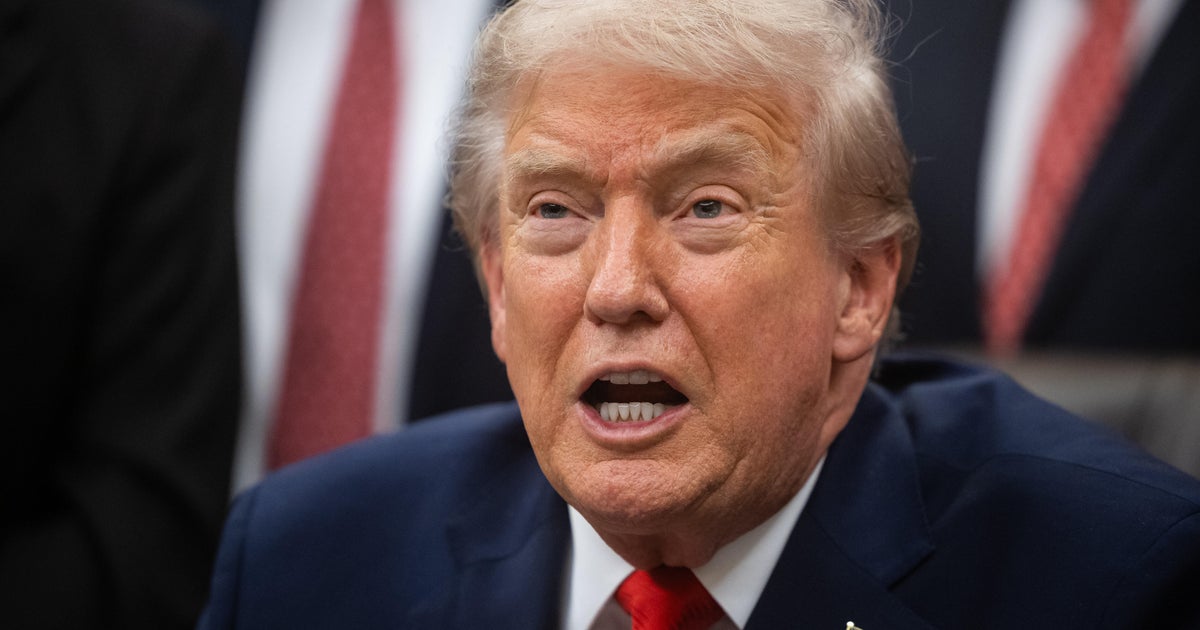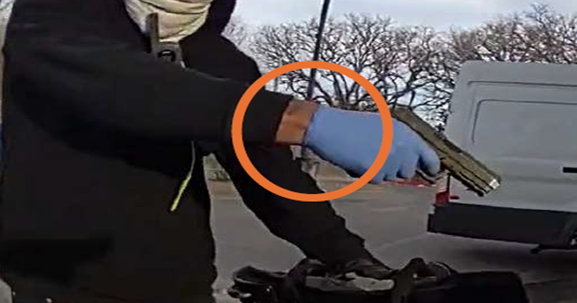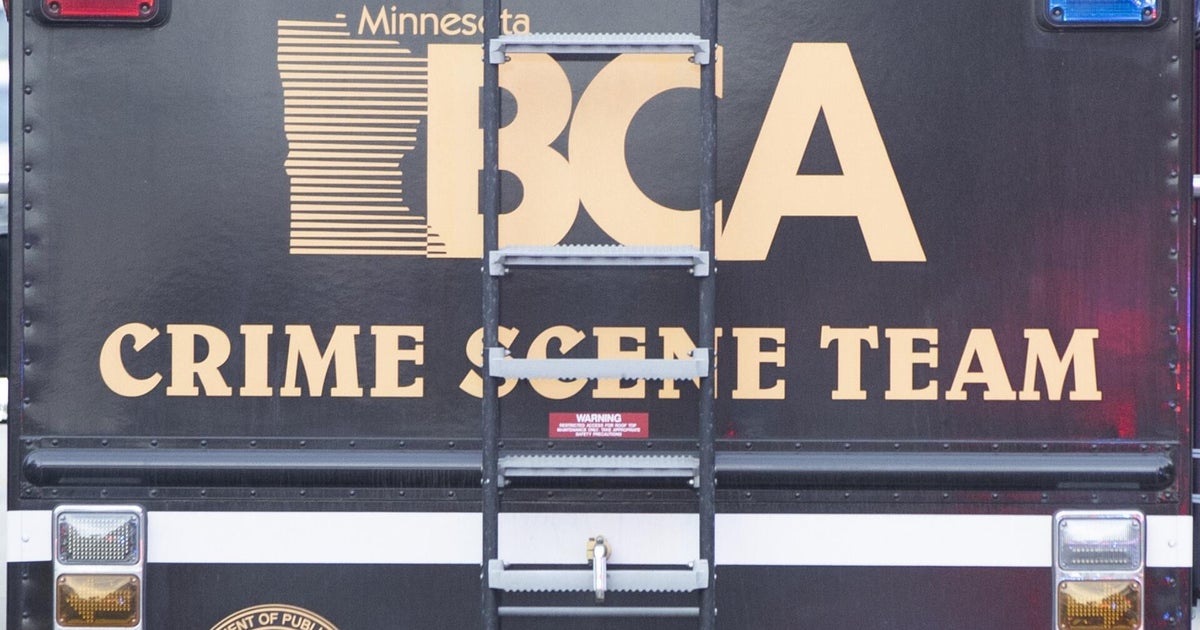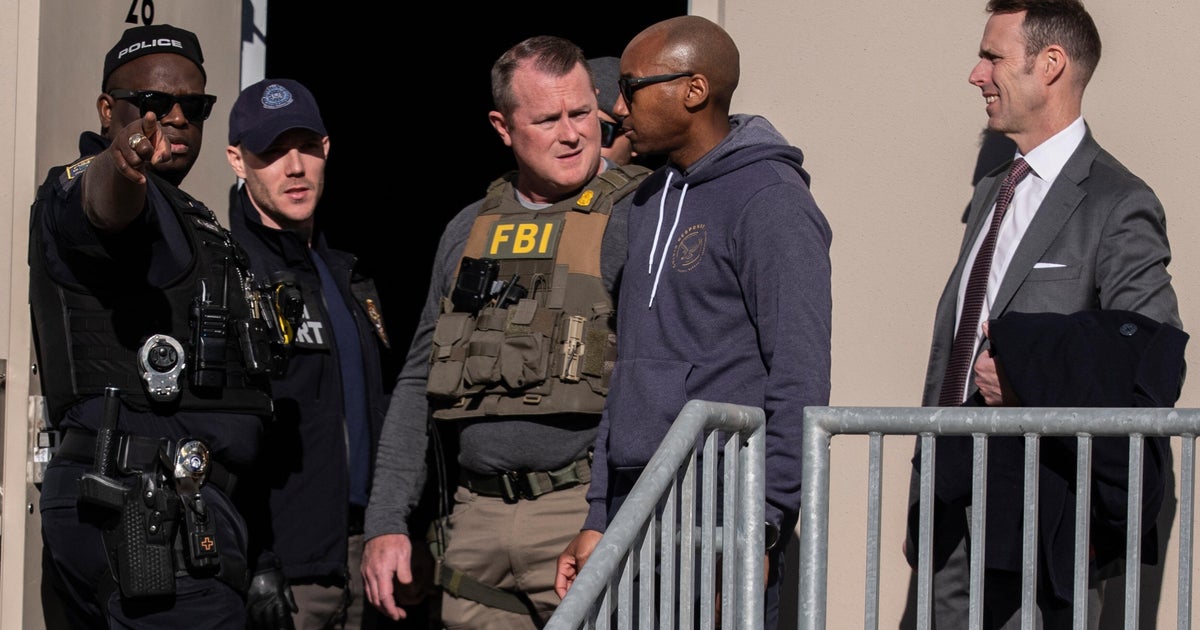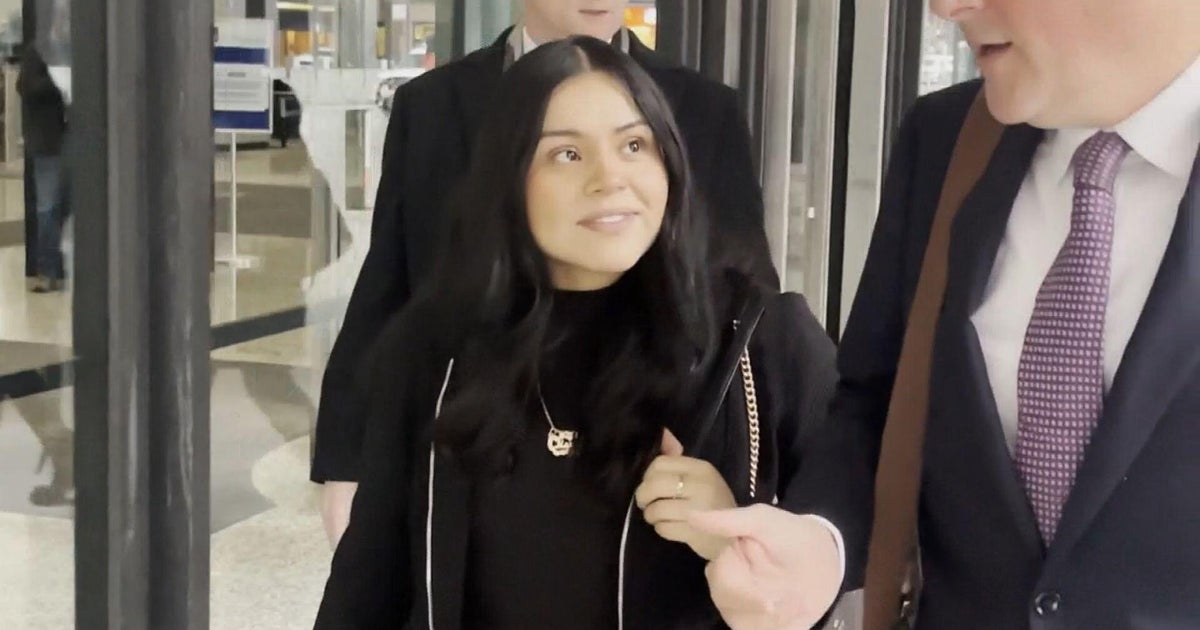Release Of Some Long-Classified JFK Assassination Files Delayed
MINNEAPOLIS (WCCO) -- The National Archives released thousands of previously secret files on the 1963 Assassination of President John F. Kennedy.
Late Thursday afternoon, hours before the legally scheduled release of the documents, Trump administration officials said some of those documents would still be withheld, citing national security concerns.
Experts say the documents could reveal more of what the FBI and CIA knew about shooter Lee Harvey Oswald and when.
"The question in the back of my mind has always been: Didn't the CIA know much more about what was going on with Oswald in Mexico City? Didn't they suspect he was a much bigger threat? And why didn't they warn Washington at the time?" Phil Shenon, who wrote a book about the Kennedy assassination, said.
The National Archives in Washington is ready to go, but it appears the president hasn't yet signed off on the release of the 3,000 previously secret documents. It's taken more than half a century to release what is said to be the last batch of JFK documents.
Minnesota federal Judge John Tunheim, who headed an Assassination Commission in the 1990s, is convinced.
"There's no evidence -- direct evidence -- that Oswald was involved with anyone else in the assassination of President Kennedy," he said.
But serious doubts persist. A SurveyMonkey Poll this week found 61 percent of Americans believe Lee Harvey Oswald did not act alone, while only 31 percent believe the government's version of events.
Marshall Tanick is a Twin Cities attorney and a history buff on the Kennedy assassination. He says the calamitous events of that day, and shoddy investigations afterwards, sparked a widespread mistrust in government.
"The JFK Assassination sort of opened the spigot for disbelieving the government," he said. "Whenever you hear people saying 'I don't believe the government,' or 'I don't trust the government,' or 'They're not telling us everything we ought to know,' much of that is traceable to what happened in Dallas on Nov. 22."
President Kennedy was a frequent Minnesota visitor, including a trip to Duluth just three weeks before he died.
Many Minnesotans who weren't alive in 1966 still buy-in to the conspiracy. Judge Tunheim admits even this last batch of documents might not convince them.
"I'm not sure anyone is ever going to be able to prove that in a satisfactory manner to the American public, many of whom believe there must have been a conspiracy," he said. "But the fact of the matter is, there is no direct evidence."
President Trump had signaled he would allow all of the documents to be released unless U.S. intelligence agencies give him a reason not to. It seems a flurry of late lobbying to the president from the CIA, FBI and other agencies convinced him to hold off.

